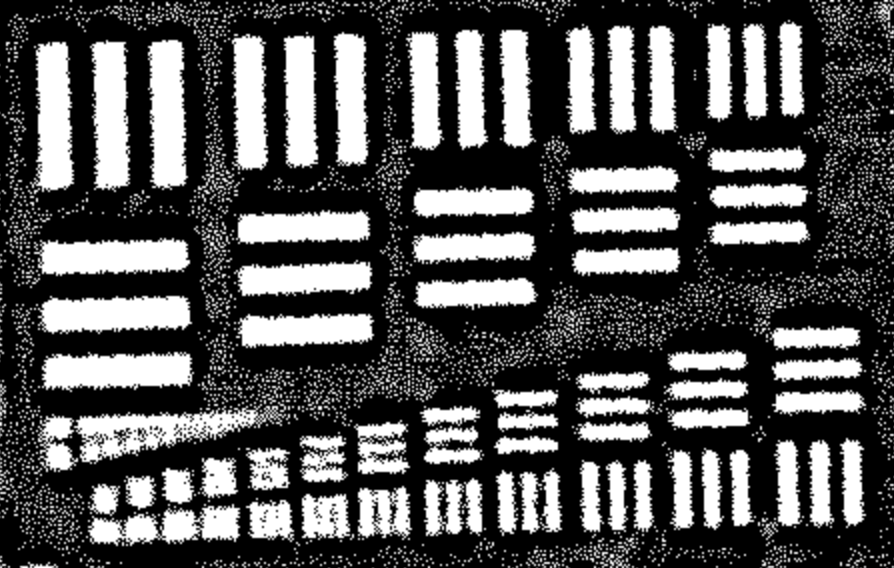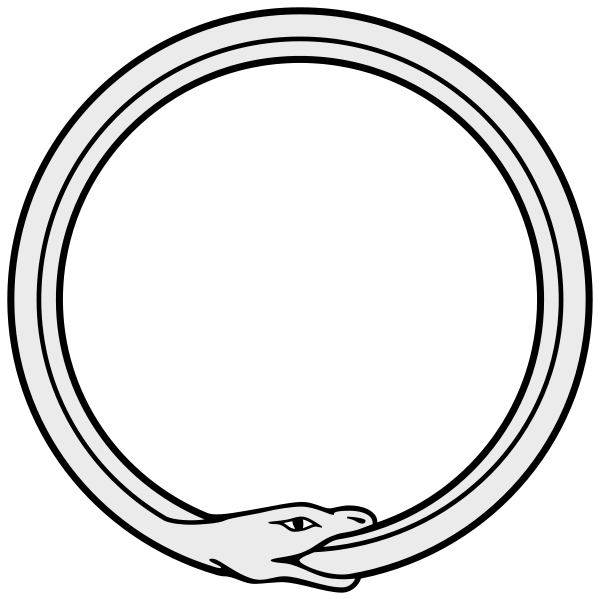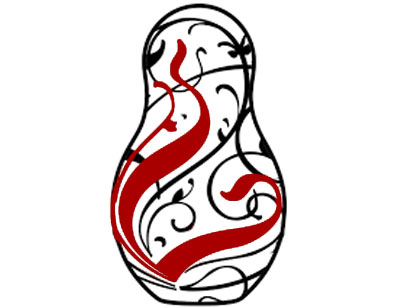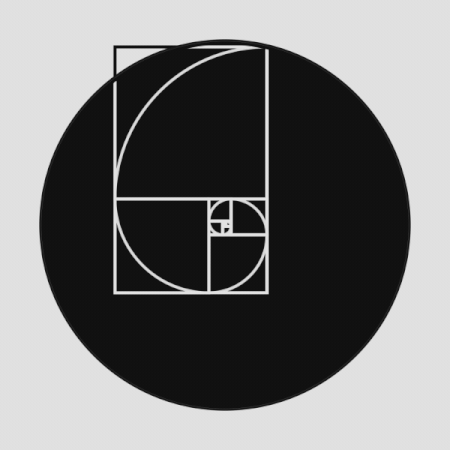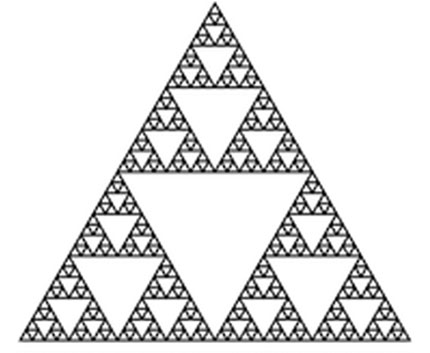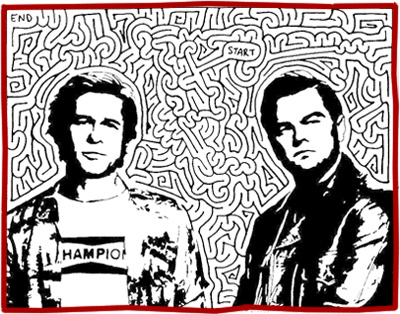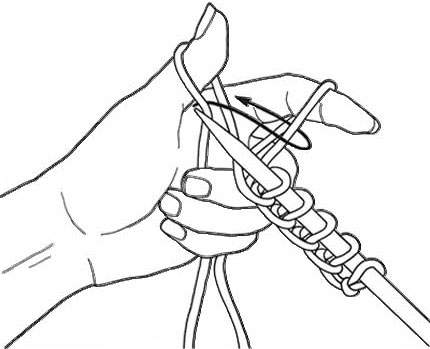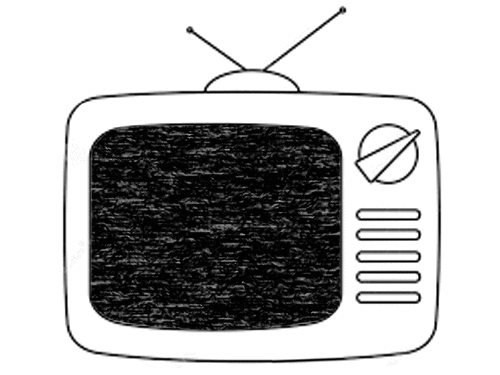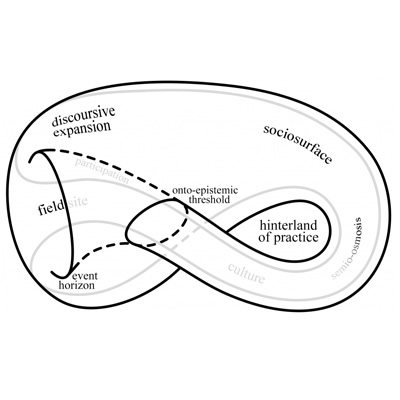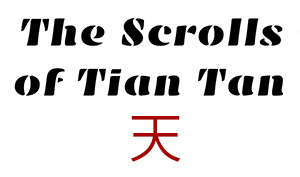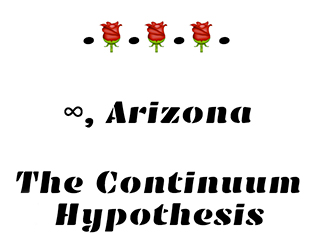➰➰➰: one, two, many.
In programming, recursion refers to the process of a function calling itself, looping infinitely until a final base case is reached. As an element of engineering and higher mathematics, recursion is essential. Yet while we improve our ability to communicate with machines and machines improve their ability to interact with us, elsewhere in the world there are languages that possess only numbers that can be counted on one hand.
Such languages – ones that have words for only one, two, and many, like that of the Pirahã of Brazil or the Warlpiri of Australia – defy the accepted notion that all natural languages contain a universal grammar.
At the core of a universal grammar is recursion, which functions as a kind of scaffold that enables complexity to take shape. The notion that a human language exists outside of the universal grammar opens the odd possibility that the human mind as we know it could exist without recursion. Beyond just its role in language, recursion is thought of as the process by which we develop self-awareness. Some, like Douglas Hofstadter in I Am A Strange Loop, have proposed that recursion is what enables the notion of a persistent self to even exist.
And yet we can assume that the mental life of an entire people, the Pirahã or the Warlpiri in this case, contains every bit as much complexity as does any other. Without linguistic recursion, the form in which that complexity manifests may therefore take a shape quite unlike anything we can immediately recognize or even conceive of.
As the world continues to witness the loss of the last indigenous languages, so too does it lose the
complexity by which it might be understood and interacted with. Everything is held in the many. It makes
sense that the Pirahã would have a better sense of what that might mean than we do.

